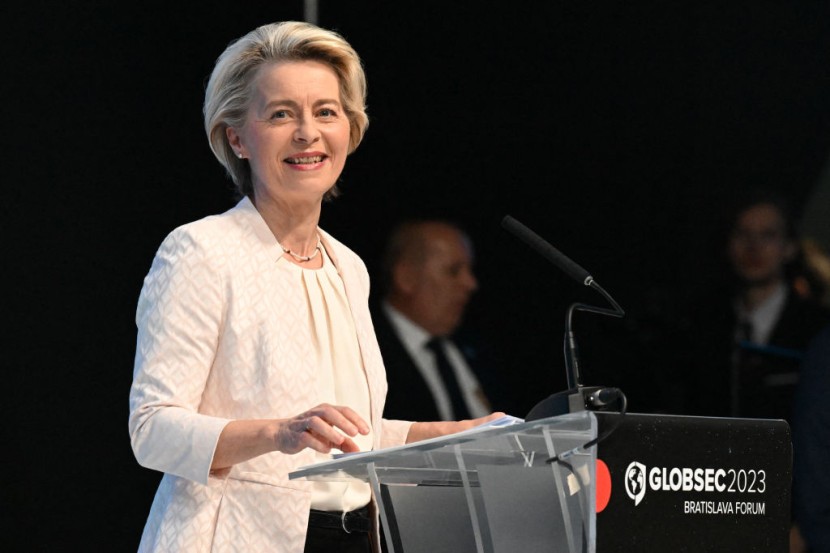
The European Commission aims to protect the economies of its member states, especially in the tech and communication sectors.
The European Union (EU) unveiled a proposal Tuesday (June 20) to protect its bloc from the economic risks posed by unreliable suppliers in countries that do not share its values. While the wording did not mention any country as the plans were "country agnostic," it is believed the proposal was directed against China and Russia due to the war on Ukraine.
The European Commission was aiming to develop measures to protect trade and investment, which rivals might seek to exploit for security or military purposes, such as the tech and communication sectors.
European Commission President Ursula von der Leyen announced the proposal, which must be endorsed by the EU to its member countries, saying the world has become "more contested and geopolitical" and that there was a limited set of key technologies that could be used differently and aggressively.
"Given the changing nature of the risks, we now need a strategic vision for how we are going to handle these risks," she said.
Von der Leyen added the EU should be "more assertive" in using the tools that it has to tackle and develop new ones.
The plans would be aligned with the commission's new drive to "de-risk" its relations with China without completely "decoupling" since the bloc's economies, in general, were reliant on China to tackle global challenges such as climate change.
In addition, the plans aim to make European economies and supply chains more resilient to threats while keeping the trace flowing.
Von der Leyen added the capital, expertise, and research of European countries must not be "abused by countries of concern for military applications," particularly the concern for the security of 5G and 6G telecoms networks.
The commission particularly considered Chinese firms Huawei and ZTE to be high-risk suppliers, so much so that it endorsed moves by some 27 EU member states to exclude both companies from their 5G networks.
Cybersecurity and critical infrastructure such as pipelines, undersea cables, power generators, and transport networks were the other risks the commission needed to counter. The EU should also be able to address threats posed by countries using trade or investment to change their policies.
EU leaders are expected to discuss the plans at their June 29-30 summit in Brussels, which could come as a challenge since each member state has its own national policies toward countries like China and Russia.
Related Article: Ukraine, Czechia, Slovakia Plan to Buy 1,000 Swedish-Made CV90 IFVs








